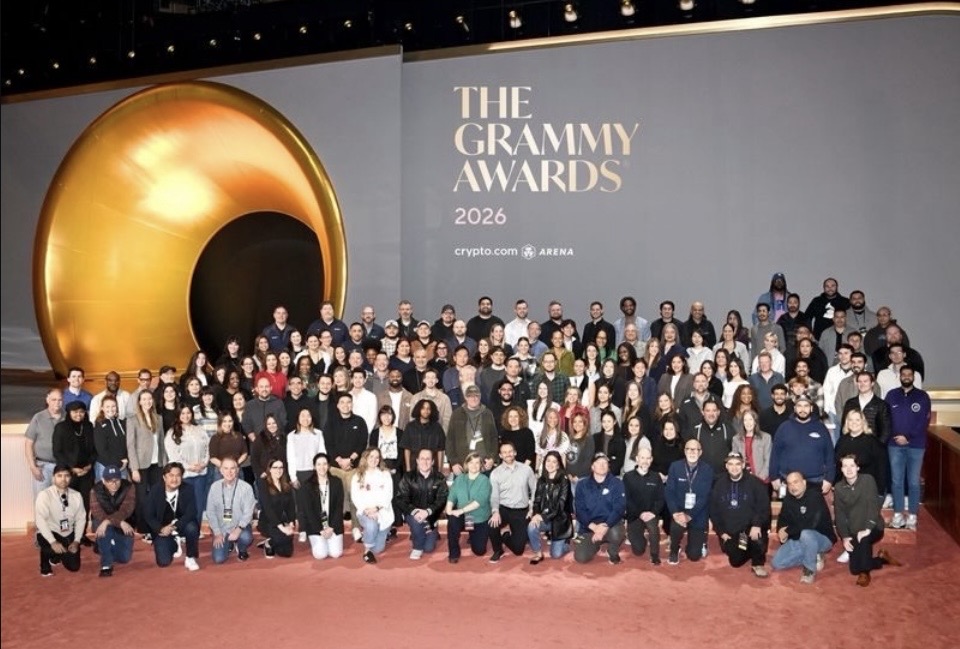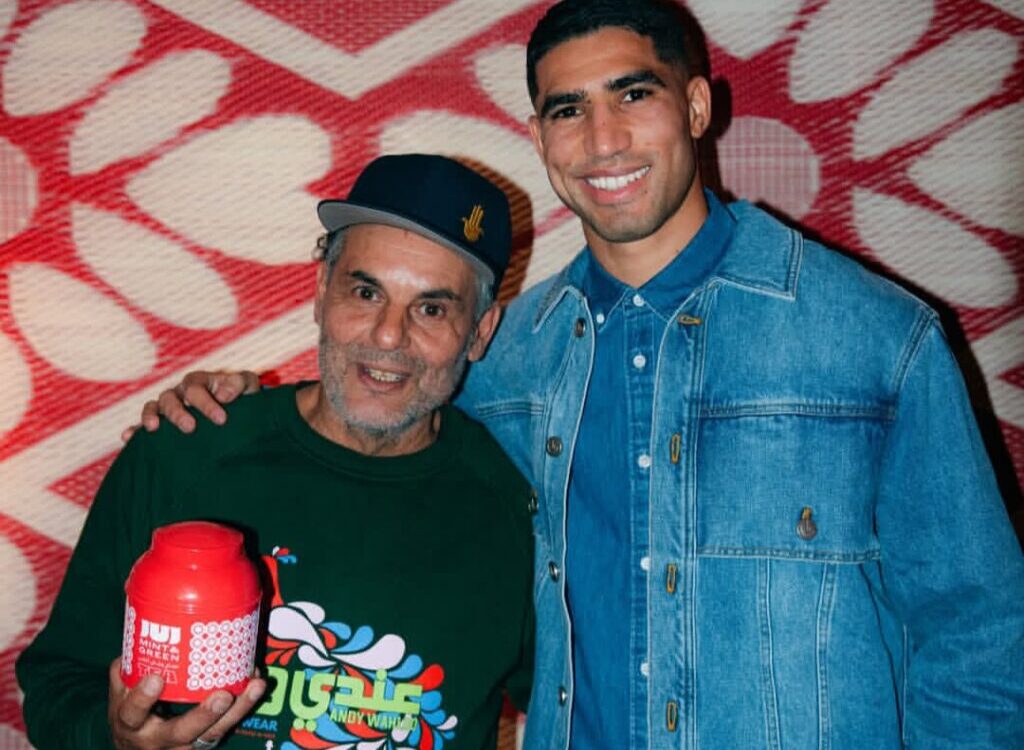BERLINALE SHORTS 68TH BERLINALE
BERLINALE SHORTS 2018: INTERNATIONAL COMPETITION AND THE SPECIAL PROGRAMME “1968 – RED FLAGS FOR EVERYONE”
22 films from 18 countries will be competing for the Golden and the Silver Bear, as well as the Audi Short Film Award, worth € 20,000, and a nomination for the European Film Awards. The Nigerian film Besida by Chuko Esiri and the Austrian film The Shadow of Utopia by Antoinette Zwirchmayr will be screened out of competition. This year’s Berlinale Shorts competition includes films by João Salaviza, Réka Bucsi, Bárbara Wagner & Benjamin de Burca, Manque La Banca, Sylvia Schedelbauer, Ulu Braun, Arash Nassir, João Viana, among others. In addition the Berlinale Shorts will present a special programme about 1968.

The short films in this year’s international competition look reality in the eye and actively contribute to the current socio-political discourse. Different strategies of empowerment are brought to bear. Self-determinedly, the filmmakers capture small moments, local stories and topics, and connect them to events of great impact. Whether the films are animated, documentary or fiction – experimentation is the order of the day. The performative element is part of the strategy. Gender relations and power structures are still far from being equal or balanced, but they are the subject of these works.
In City of Tales by Arash Nassiri, a polyphony of Persian dialects can be heard that turns Los Angeles into Teheran. The sites of memory are the cities of others. In Onde o Verão Vai (episódios da juventude), Portuguese director David Pinheiro Vicente stages a queer exodus from the Garden of Eden and so rethinks the beginnings of humankind. In her documentary Circle, Jayisha Patel shows how the family can be a breeding ground for the trafficking of women.
It is the grandmother who accepts money for her granddaughter’s rape. For the first time, a film from Rwanda will be shown in the competition, the co-production Imfura by Samuel Ishimwe.
Berlinale Shorts is interested in fictional narratives that go beyond the usual formats, and is open to creative means that find new dramaturgical forms for elevating tension and suspense.
In 2018, the members of the International Short Film Jury are Portuguese filmmaker and winner of the Golden Bear for Best Short Film at the Berlinale 2017, Diogo Costa Amarante; US filmmaker and curator Mark Toscano; and South African filmmaker and academic Jyoti Mistry
50 years since 1968: The Berlinale Shorts special programme “1968 – Red Flags for Everyone” will present aesthetic strategies that are still relevant to this day. “Without raising the question of social unrest, it would be impossible to examine 1968 – the subjective gaze in its aesthetic diversity is the kaleidoscope that makes the conditions then accessible today. By radically reducing everything to the material itself, the artists free film from any sort of narrative and allow a new reality to become apparent,” states Berlinale Shorts curator Maike Mia Höhne.
In Programmhinweise, Christiane Gehner ponders gender roles: “I’m not sure, but sometimes it feels like it might be better to just comply with men’s demands – for isolation is even worse than suppression.” In Antigone, Ula Stöckl discloses the structures involved in imbalances of power. In Na und…?, Marquard Bohm and Helmut Herbst reveal – at the home of Bohm’s own family in Hamburg – the often-depicted fustiness hidden beneath the academic gown. Dore O. describes her film Alaska as a dream about herself, as a consequence of interacting with society. In 1968, Helmut Herbst and Dore O. were founding members of the first Hamburg Filmmakers’ Cooperative, which radically influenced contemporary social discourse with their films.

Farbtest – Rote Farbe by Gerd Conradt
Films screening in the Berlinale Shorts 2018:
After/Life, Puck Lo, USA, 15’ (WP)
Alma Bandida, Marco Antônio Pereira, Brazil, 15’ (WP)
And What Is the Summer Saying, Payal Kapadia, India, 23’ (WP)
Babylon, Keith Deligero, Philippines, 20’ (IP)
Besida, Chuko Esiri, Nigeria, 12’ (WP) – out of competition
Blau, David Jansen, Germany, 15’ (WP)
Burkina Brandenburg Komplex, Ulu Braun, Germany, 19’ (WP)
Circle, Jayisha Patel, Great Britain / India / Canada, 14’ (WP)
City of Tales, Arash Nassiri, France, 21’ (WP)
Coyote, Lorenz Wunderle, Switzerland, 10’ (WP)
Imfura, Samuel Ishimwe, Switzerland / Rwanda, 36’ (IP)
Imperial Valley (Cultivated Run-Off), Lukas Marxt, Germany / Austria, 14’ (WP)
Des jeunes filles disparaissent, Clément Pinteaux, France, 16’ (IP)
Madness, João Viana, Mozambique / Guinea-Bissau / Qatar / Portugal / France, 13‘ (WP)
The Men Behind the Wall, Ines Moldavsky, Israel, 28’ (WP)
Onde o Verão Vai (episódios da juventude), David Pinheiro Vicente, Portugal, 20’ (WP)
Russa, João Salaviza & Ricardo Alves Jr., Portugal / Brazil, 20’ (WP)
The Shadow of Utopia, Antoinette Zwirchmayr, Austria, 23’ (IP) – out of competition
Solar Walk, Réka Bucsi, Denmark, 21’ (WP)
Terremoto Santo, Bárbara Wagner & Benjamin de Burca, Brazil, 20’ (IP)
Le Tigre de Tasmanie, Vergine Keaton, France, 14’ (WP)
T.R.A.P, Manque La Banca, Argentina, 16’ (WP)
While I Yet Live, Maris Curran, USA, 15’ (IP)
Wishing Well, Sylvia Schedelbauer, Germany, 13‘ (WP)
Berlinale Shorts special programme “1968 – Red Flags for Everyone”
Alaska, Dore O., Federal Republic of Germany, 18‘, 1968
Antigone, Ula Stöckl, Federal Republic of Germany, 9‘, 1964
Farbtest Rote Fahne, Gerd Conradt, Federal Republic of Germany, 12‘, 1968
Fundevogel, Claudia von Alemann, Federal Republic of Germany, 22‘, 1967
I Ruhrområdet, Peter Nestler, Sweden, 34‘, 1967
Ja/Nein, Ernst Schmidt jr., Austria, 3‘, 1968
Kunst & Revolution, Ernst Schmidt jr., Austria, 2‘, 1968
My Name is Oona, Gunvor Nelson, USA, 10‘, 1969
Na und…?, Marquard Bohm & Helmut Herbst, Federal Republic of Germany, 33‘, 1966
Programmhinweise, Christiane Gehner, Federal Republic of Germany, 10‘, 1970
Rohfilm, Birgit & Wilhelm Hein, Federal Republic of Germany, 20‘, 1968
Tapp und Tastkino, VALIE EXPORT, Austria, 2‘, 1968




